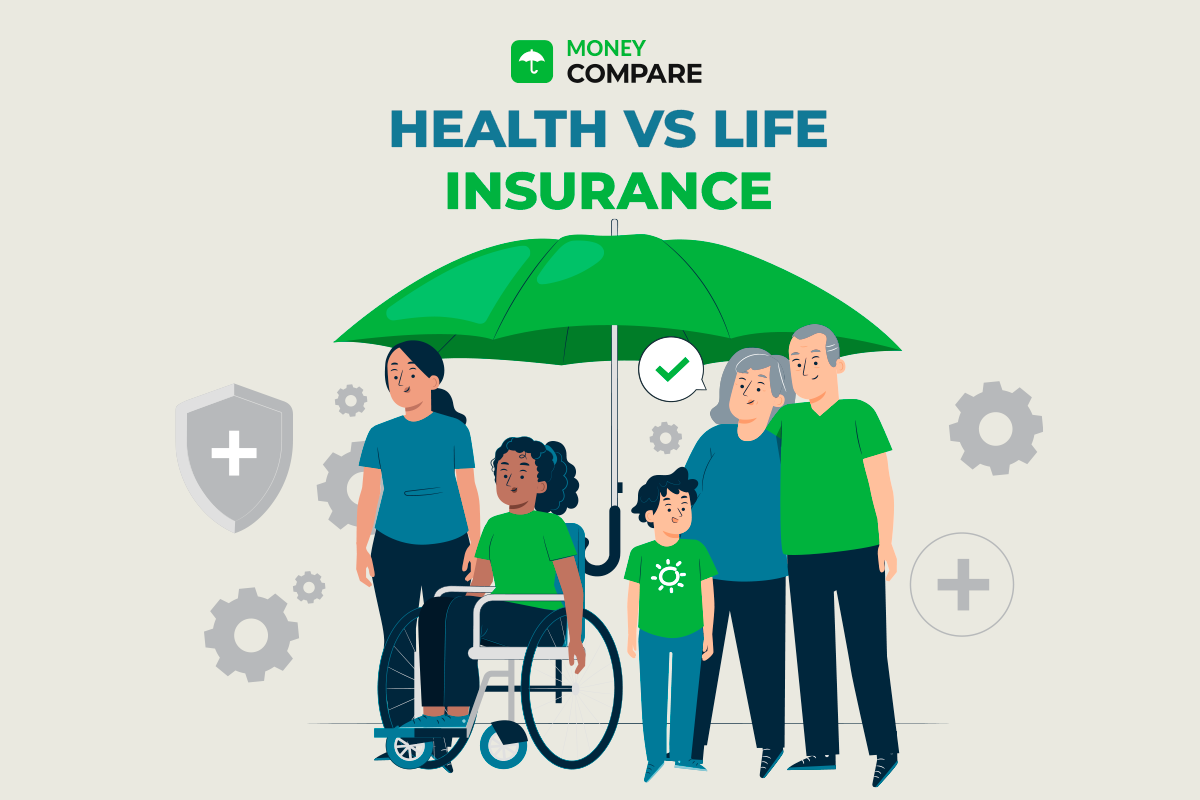In New Zealand, both health insurance and life insurance are not mandatory. They are optional insurances that many Kiwis choose to invest in. But what are they? Are they similar? Who needs them and what exactly do they cover?
In this article, we will break down the differences between them, so you can better understand what they are, and who the types of insurance might benefit.
What is Health Insurance?
In New Zealand, we have an extensive healthcare system. This is a public system that prioritises life threatening injuries and conditions. Therefore, if you do not have a life-threatening condition, you will be put on a waiting list. However, for those who wish to bypass the waiting list, health insurance is worth the investment. When you invest in health insurance, you will have access to private healthcare. This means that you don’t have to join the public system waiting list, so you can receive prioritised healthcare. Because you can access prioritised healthcare, it means you can avoid taking more time off work. Health insurance is a wonderful way to protect your health, and help you foster a better overall quality of life in the short and long term. The coverage for health insurance is determined based on your age, whether you smoke, and if you have any pre-existing health conditions.
What are the Benefits of Health Insurance:
Priority Care: Access to private healthcare means you’ll have priority care, so you can get treatment quickly and avoid long wait lists.
Protect Your Health: Protect your health and foster a good quality of life, where you can get back on your feet quickly and avoid feeling sick or being injured for a long time.
Avoid Taking Time Off: When you can access priority care, you can shorten treatment and recovery time, ensuring you can get back to work faster, and avoid taking more time off.
What is Life Insurance?
Life insurance works differently to health insurance. Life insurance is designed to help your family and dependents financially if you pass away or fall terminally ill. It works by paying out a lump sum, or a payment payment, to your family – typically the “policy owner” if you pass away or are diagnosed with a terminal illness and have less than 12 months to live. The sum insured is generally calculated based on key factors such as your age, health, occupation, and any pre-existing medical conditions. If you have dependents such as children, life insurance can give you the peace of mind that your mortgage or rent, and other bills will be covered while they get back on their feet following your death.
What are the Benefits of Life Insurance?
Protect your Children’s Home: Life insurance means that your mortgage or rent will continue to be paid after you pass, so that your children don’t have to worry about being uprooted from their home during an already difficult time. When life insurance is claimed, the adults charged with caring for them will have a bit of security that they can pay for the mortgage or rent and other bills.
Give You Peace of Mind: The peace of mind of knowing your children and family will be okay financially if you pass away is priceless. Investing in life insurance means that you don’t have to worry about how they might fare if something sudden happened to you.
Avoid Burdening Family: Life insurance means that your family won’t have to bear the burden of your bills. If you have a mortgage, or credit cards and loans, your life insurance will cover these, preventing your family from having to scramble to find the funds to pay this off for you.
Compare Life Insurance and Health Insurance
Here at Money Compare, we are all about helping Kiwis make fully informed choices so they can achieve their financial goals and financial wellbeing. That is why we have designed our user-friendly comparison tool to help you compare life insurance plans and health insurance plans within minutes.
Chat to Industry Experts
We have also partnered with insurance brokers at the Insurance Department, who are industry leaders and can provide free advice and a free quote. Make a fully informed choice and protect your health and your family’s financial wellbeing.





